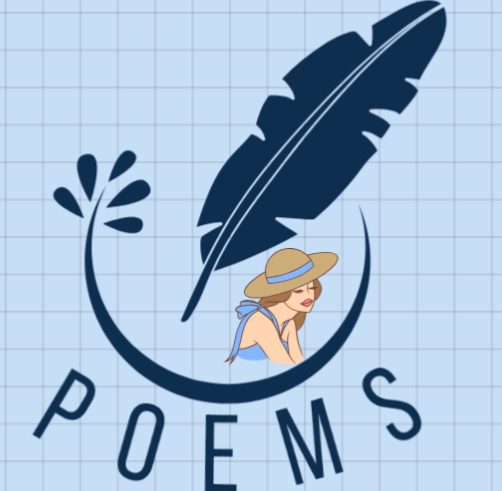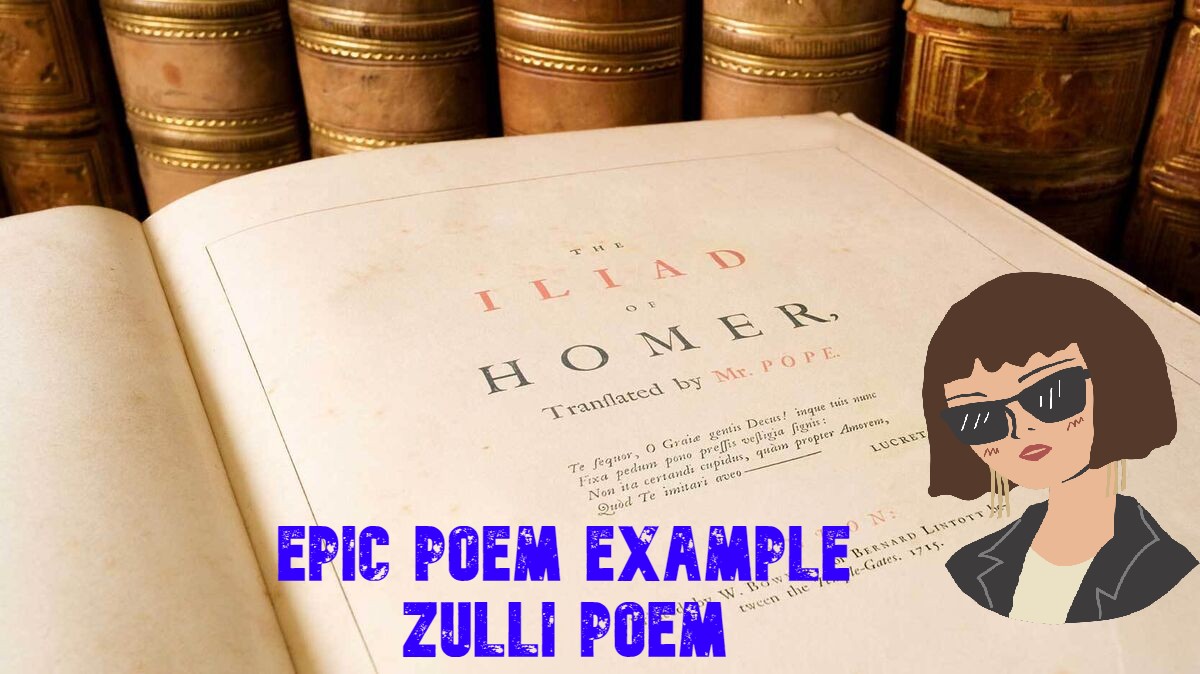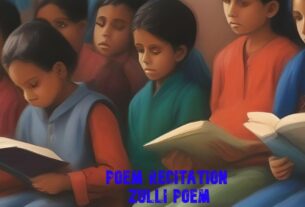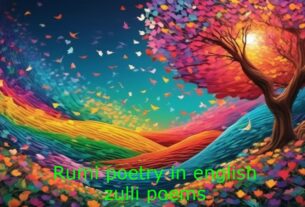Epic poetry is an ancient form of storytelling that transports readers through vast landscapes, epic battles, and legendary adventures. These poems often weave tales of heroic feats, immortalizing them in words and rhythm. But what makes an epic poem so unique and timeless? Let’s explore the world of epic poetry and discover its enduring charm.
What is an Epic Poem?
At its core, an epic poem is a lengthy narrative that unfolds the adventures of extraordinary characters, often involving gods or divine beings. The journey of these heroes is chronicled with grandeur and formality, which elevates their tales to almost mythic proportions. Epic poetry serves as one of the oldest forms of literature, deeply rooted in oral traditions, and acts as a time capsule of the culture and values of its era.
For more detailed insight, you can check out this definition and characteristics of epic poetry.
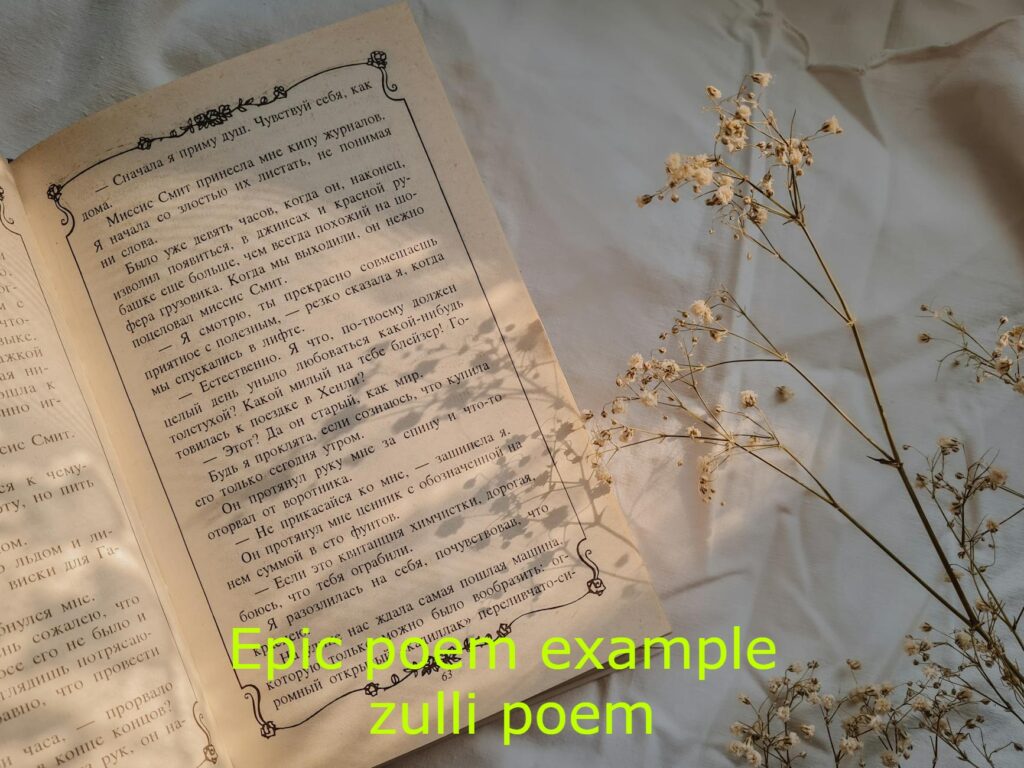
Characteristics of Epic Poetry
Epic poetry is not just lengthy verses; it comes with a set of distinctive characteristics that add to its grandeur:
- Length and Formal Language: These poems are often long, unfolding an epic tale with elevated and poetic language.
- Heroic Themes: The journey of a central heroic figure is often depicted, emphasizing values like bravery, loyalty, and honor.
- Supernatural Elements: Gods or mythical creatures regularly appear, influencing the unfolding action.
- Vast Settings: The backdrop extends over nations and worlds, often encompassing both the earthly and the divine.
For a deep dive into these elements, check here.
Historical Context
Epic poetry finds its origins in ancient civilizations and has evolved through various cultures. The history of epic poetry is a fascinating journey spanning continents and centuries.
The first epics appeared in Mesopotamia over 4,000 years ago, with tales like “The Epic of Gilgamesh.” These early works set the foundations with their themes of human struggle and divine intervention. As civilizations evolved, so did their interpretation of epics, from the Greeks with “The Iliad” to the Romans with “The Aeneid,” and even Dante’s intricate exploration through the afterlife in “The Divine Comedy.”
Famous Examples of Epic Poems
Some epic poems have stood the test of time, etching themselves into the literary canon. Here are a few illustrious examples:
The Epic of Gilgamesh
“The Epic of Gilgamesh” is a tale from ancient Mesopotamia, exploring themes of friendship and mortality. Gilgamesh’s adventures with Enkidu, his otherworldly counterpart, craft a narrative about the pursuit of immortality and understanding life’s ephemeral nature. Discover more about this epic here.
Homer’s The Iliad and The Odyssey
These tales are foundational blocks of Western literature. “The Iliad” presents the final weeks of the Trojan War, filled with heroics and divine meddling. Meanwhile, “The Odyssey” chronicles Odysseus’s arduous journey home, melding human resilience with mythic elements.
Virgil’s The Aeneid
Virgil’s “The Aeneid” weaves the tale of Aeneas, a Trojan destined to found Rome. Themes of duty and destiny are intricately explored, portraying Aeneas’s transition from warrior to a founder, a narrative that deeply influenced Roman culture.
Dante’s The Divine Comedy
Dante’s masterpiece takes a bold step into the metaphysical, charting a journey through the perils of Hell, the trials of Purgatory, and the divine light of Heaven. Its unique structure provides a profound exploration of human sin, redemption, and divine love.
Modern Interpretations of Epic Poetry
As times change, so do interpretations of epic poetry. Modern writers redefine the form, bringing fresh perspectives while maintaining the essence of epic storytelling.
21st Century Epic Poets
Contemporary poets have begun reshaping the epic format, embedding current themes like identity, environment, and technology. They’ve crafted new narratives reflecting today’s global context while paying homage to the past.
Epic Poetry in Popular Culture
Epic poetry’s influence extends beyond the written word, seeping into films, novels, and even games. The archetypal hero’s journey seen in works like “Star Wars” or “The Lord of the Rings” echoes traditional epic narratives, showcasing timeless motifs in fresh settings.
Related Discovering the Wonders of Bio Poems
Conclusion
Epic poetry stands as a testament to human creativity and resilience, bridging the ancient with the contemporary. These timeless tales not only entertain but also provide profound insights into the human condition, mirroring our eternal struggle with fate, destiny, and the divine.
Just as an ancient bard captivated audiences around the fire, so too does epic poetry continue to enthrall readers today, ensuring its legacy endures across the ages.
People also search for
Short epic poem example
Epic poem examples for students
Epic poem example in english
Short epic poem examples for students
